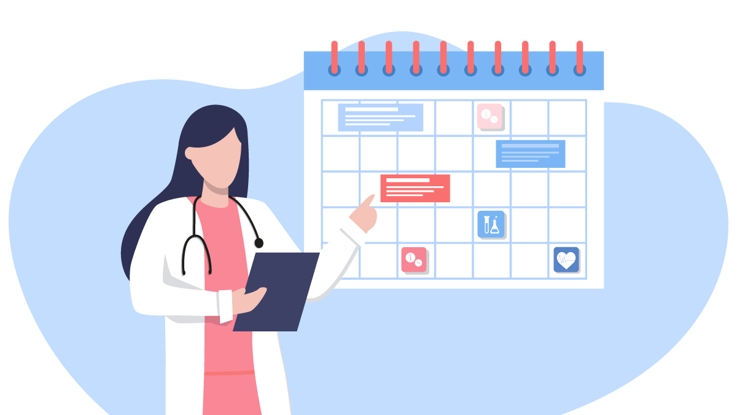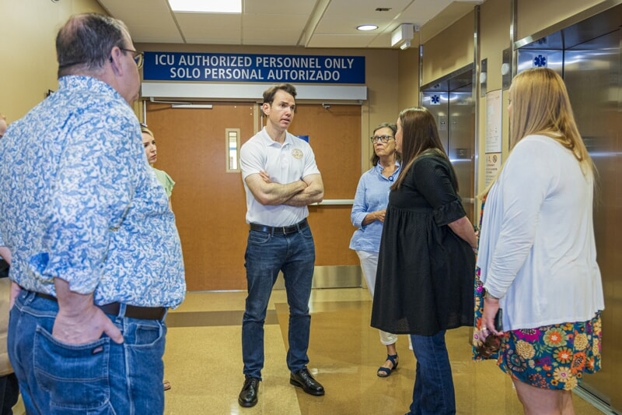When is a C-Section Necessary?
- Category: Blog
- Posted On:

The Truth About Cesarean Sections
Many factors go into whether or not a cesarean section—commonly known as a C-Section—is necessary, and it can be a challenging decision for expectant mothers to make. This blog post will discuss some of the most common reasons when your doctor might require this procedure for the safety of the mother and baby. We will also provide information on what you can expect during and after the procedure.
What is a C-Section?
A cesarean section is a surgical procedure used to deliver a baby through an incision in the mother’s abdomen. Generally, doctors typically perform C-sections when there are complications with vaginal delivery, such as the baby being in a breech position or the mother having a medical condition that makes vaginal delivery risky. In some cases, a doctor or midwife might schedule the procedure in advance if the mother is expecting twins or triplets.
Why Might I Need a C-Section?
There are several reasons why your doctor might recommend a C-section, with the most common being:
- The baby is in a breech position (feet first instead of head first).
- The baby is too large to fit through the birth canal.
- The mother has a medical condition that makes vaginal delivery risky, such as placenta previa (when the placenta covers the cervix) or preeclampsia (high blood pressure during pregnancy).
- The mother has had a previous C-section.
- The labor is not progressing or the baby is in distress.
Understanding Elective C-Sections
It’s important to note that, in some cases, mothers may elect to have a C-section even when there are no medical complications. While this is a personal decision, it’s important to discuss the risks and benefits of this type of delivery with your doctor before making a final decision. Some of the reasons why a mother might choose to have an elective delivery include:
- Fear of childbirth or anxiety about vaginal delivery
- A history of difficult vaginal deliveries
- To schedule the delivery around her work or childcare commitments, availability of the other parent to attend the birth, etc.
Risks of C-Section Births
While C-sections are generally safe, some risks are involved with the procedure. These include:
- Infection at the incision site
- Blood loss
- Reactions to anesthesia
- Increased risk of complications in future pregnancies, such as placenta accreta (when the placenta grows too deeply into the uterine wall)
Quality Obstetric and Gynecological Care in Bishop, CA
Northern Inyo Healthcare District offers compassionate obstetric and gynecological care for women living in Bishop, California and surrounding communities. To learn more about our world-class baby-friendly hospital, please contact us today.


